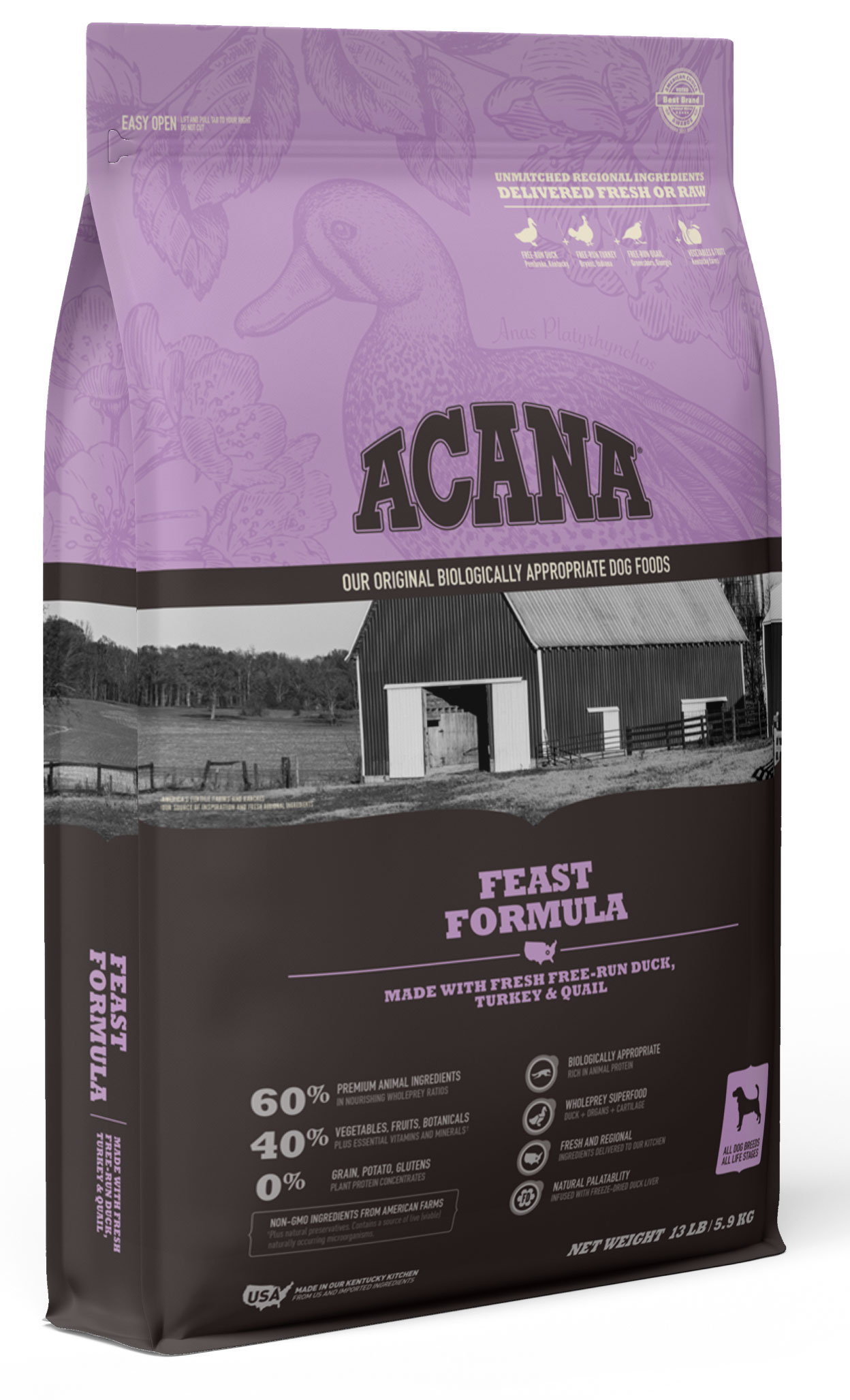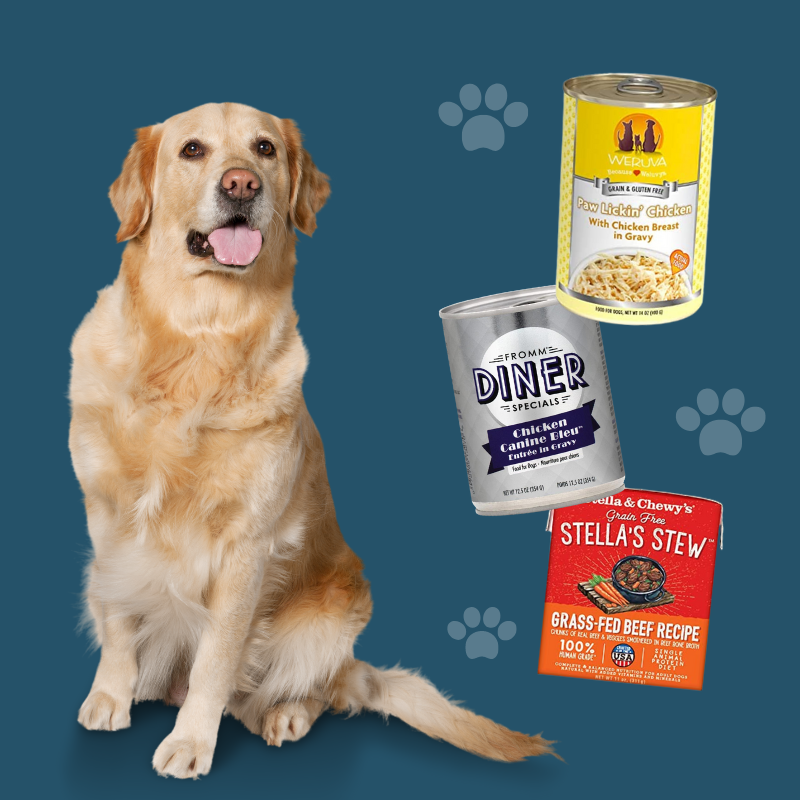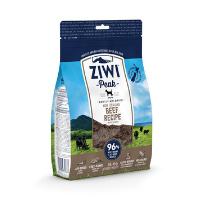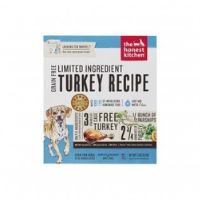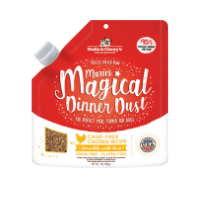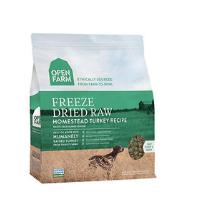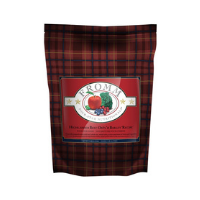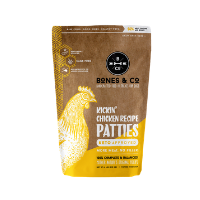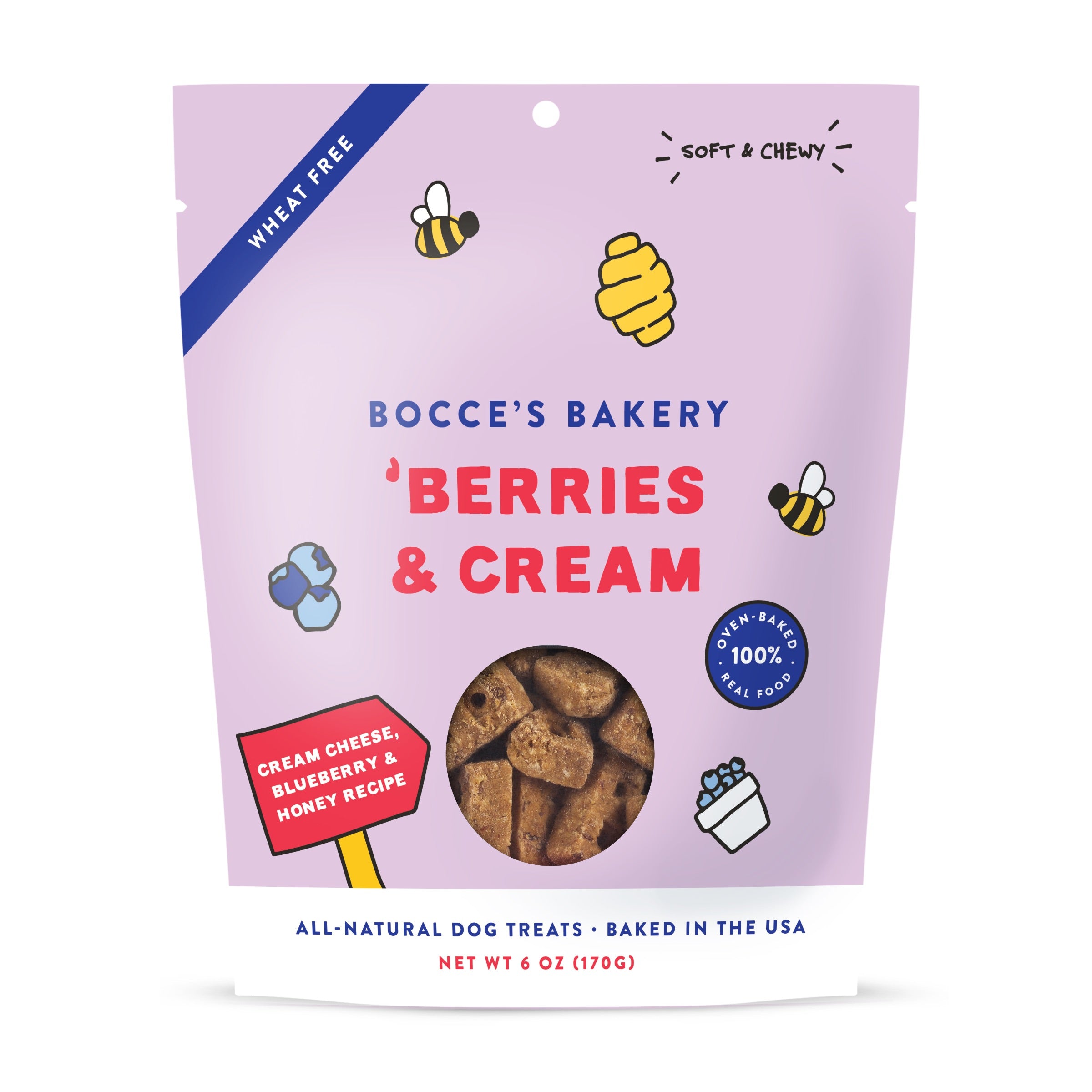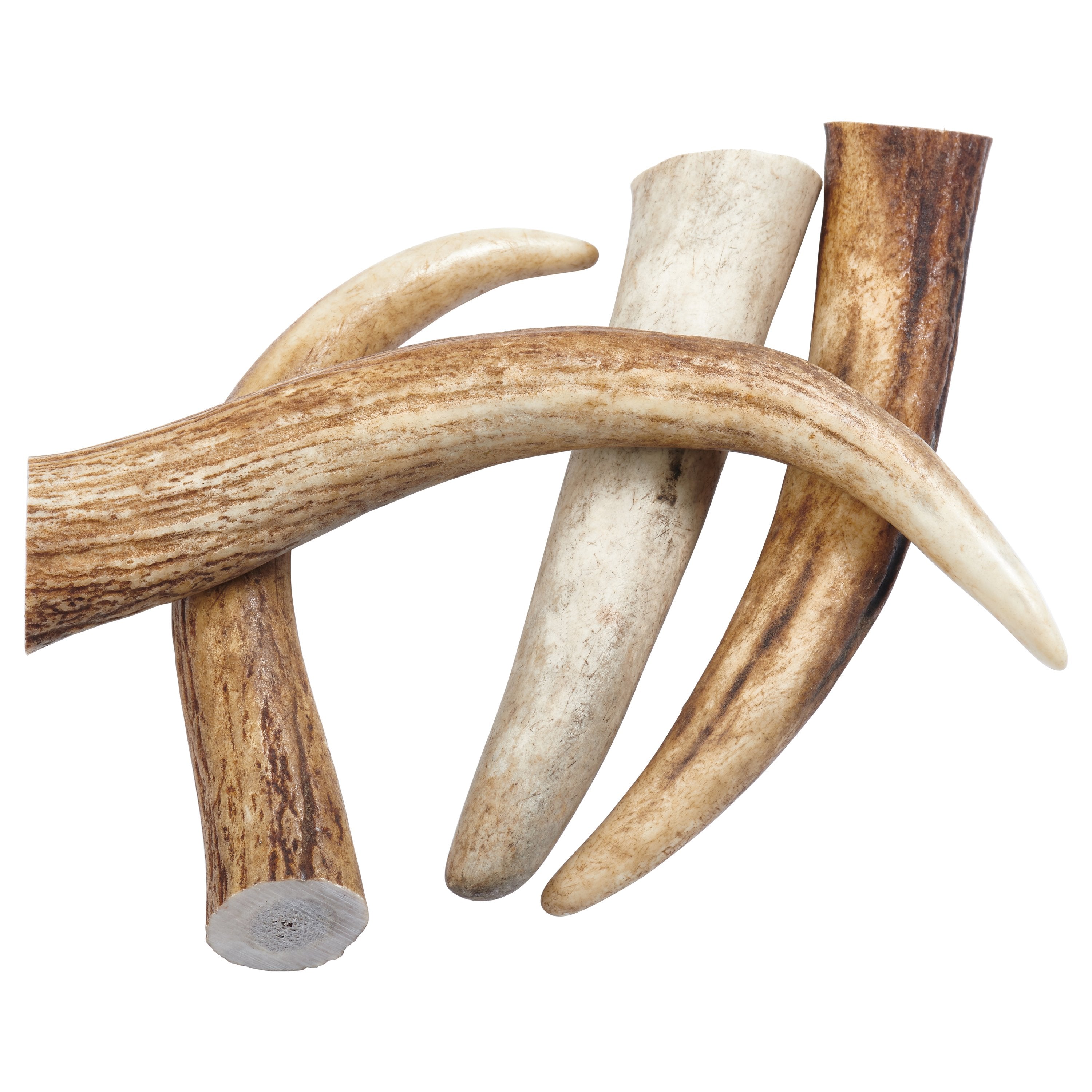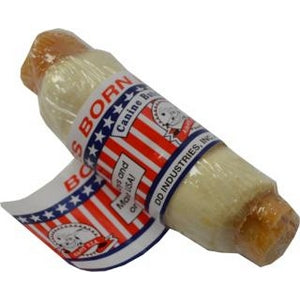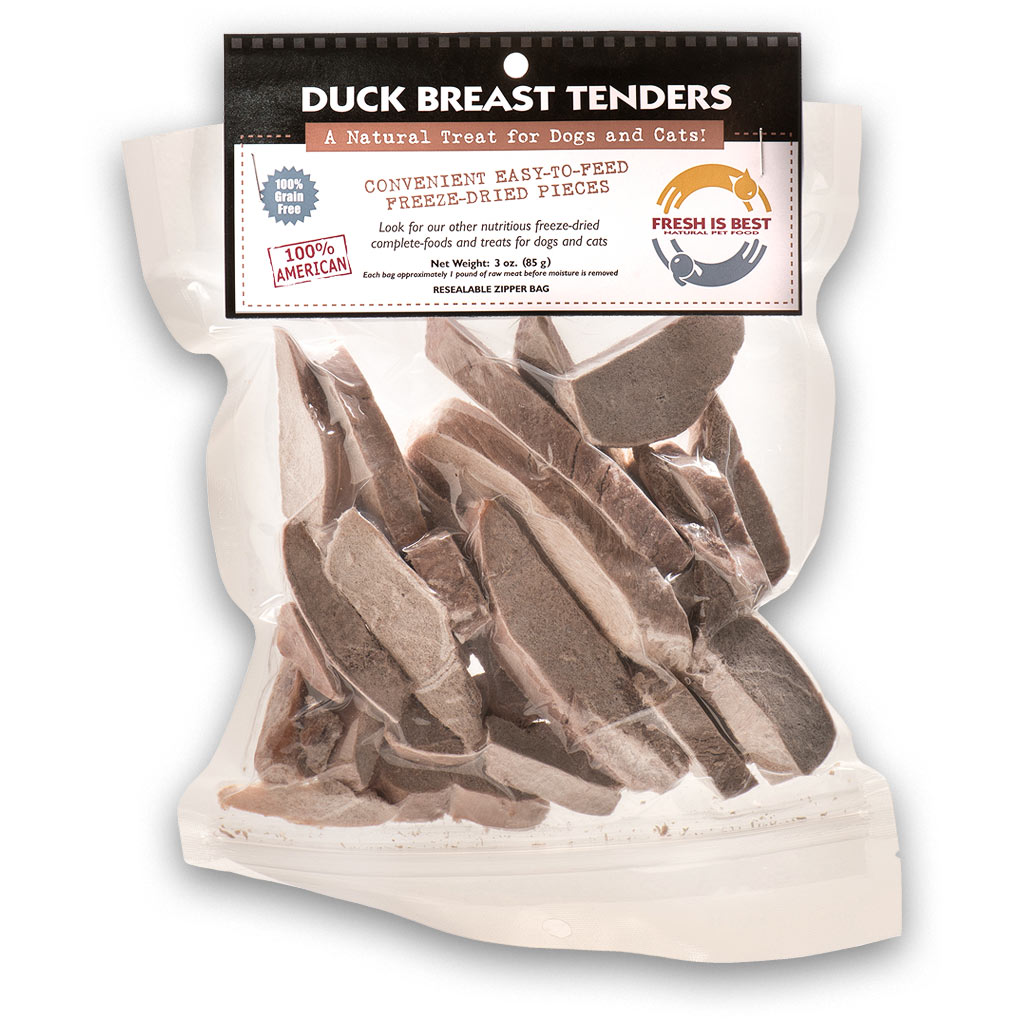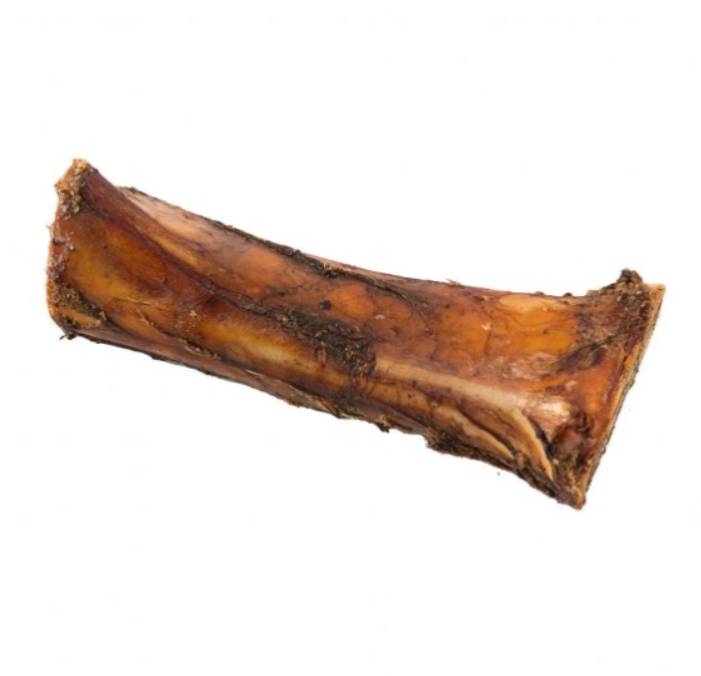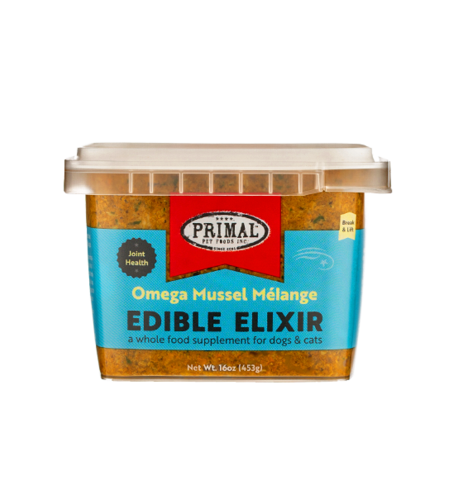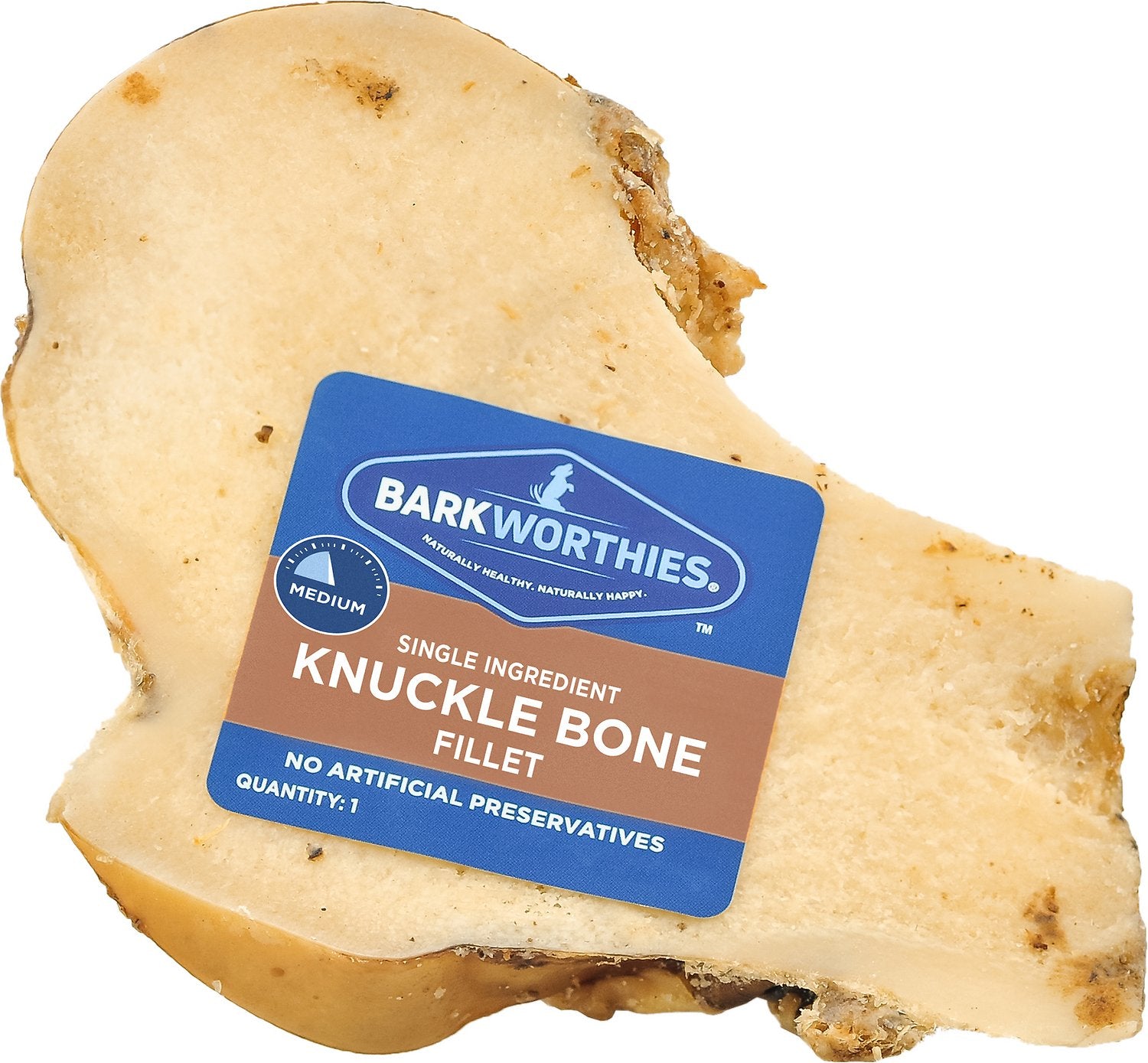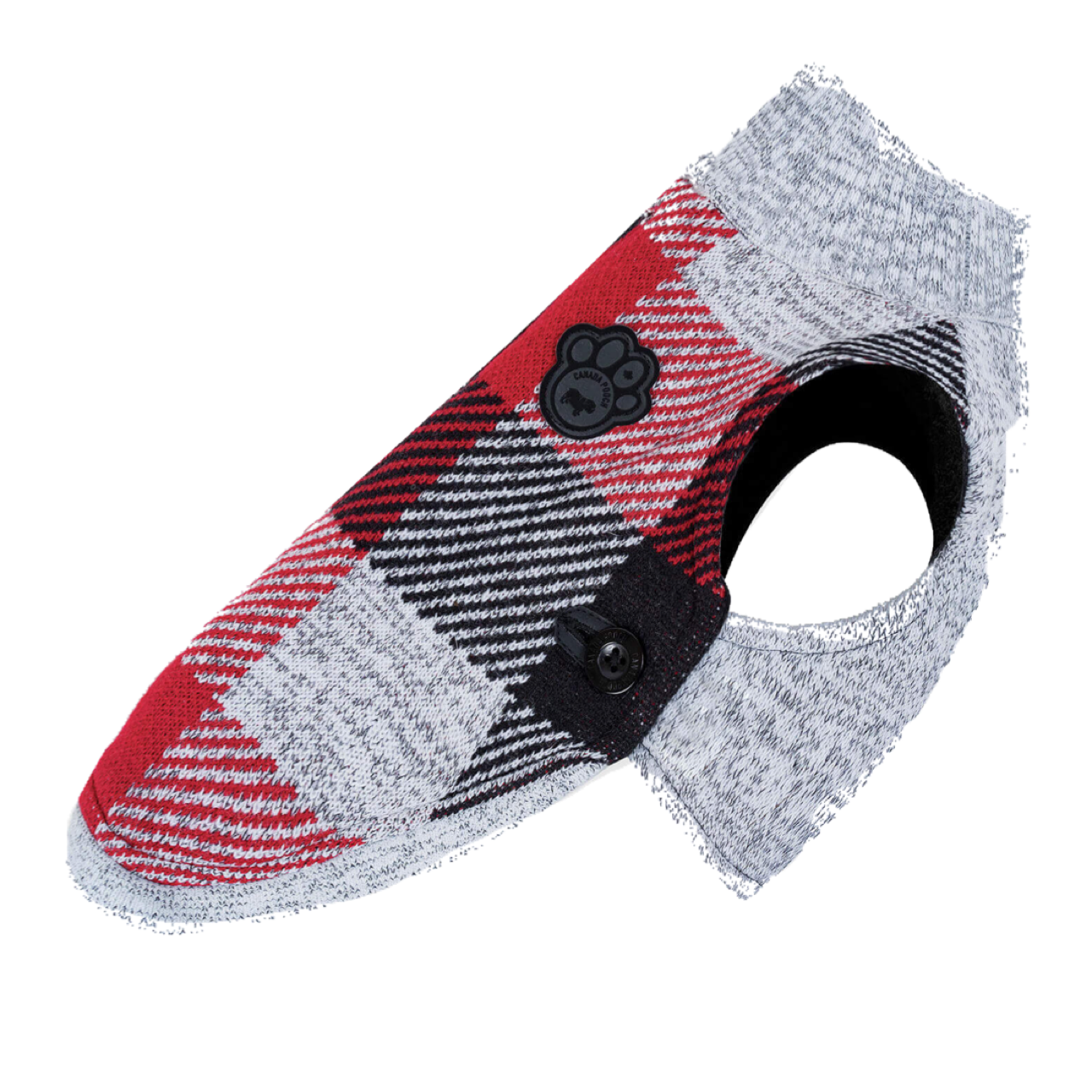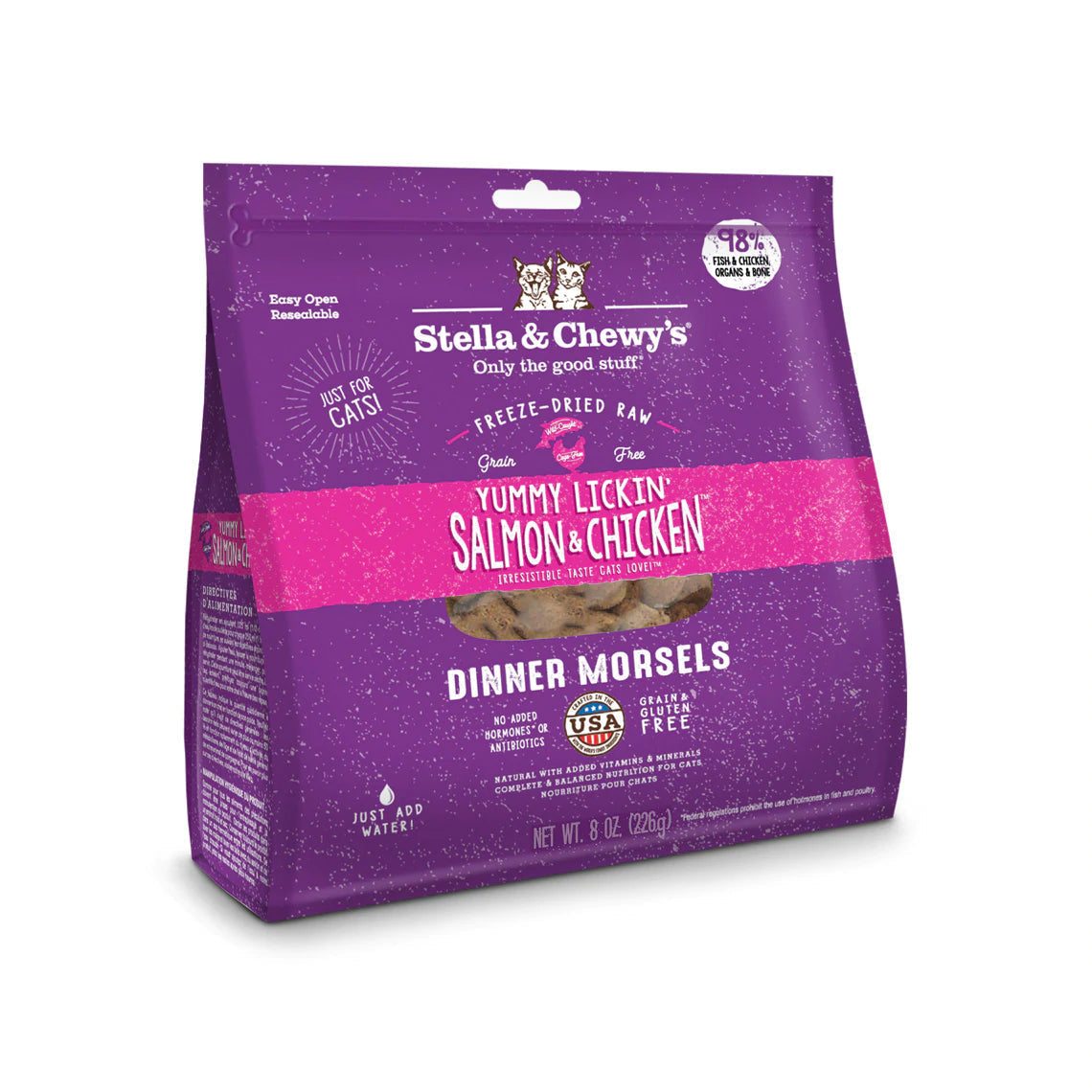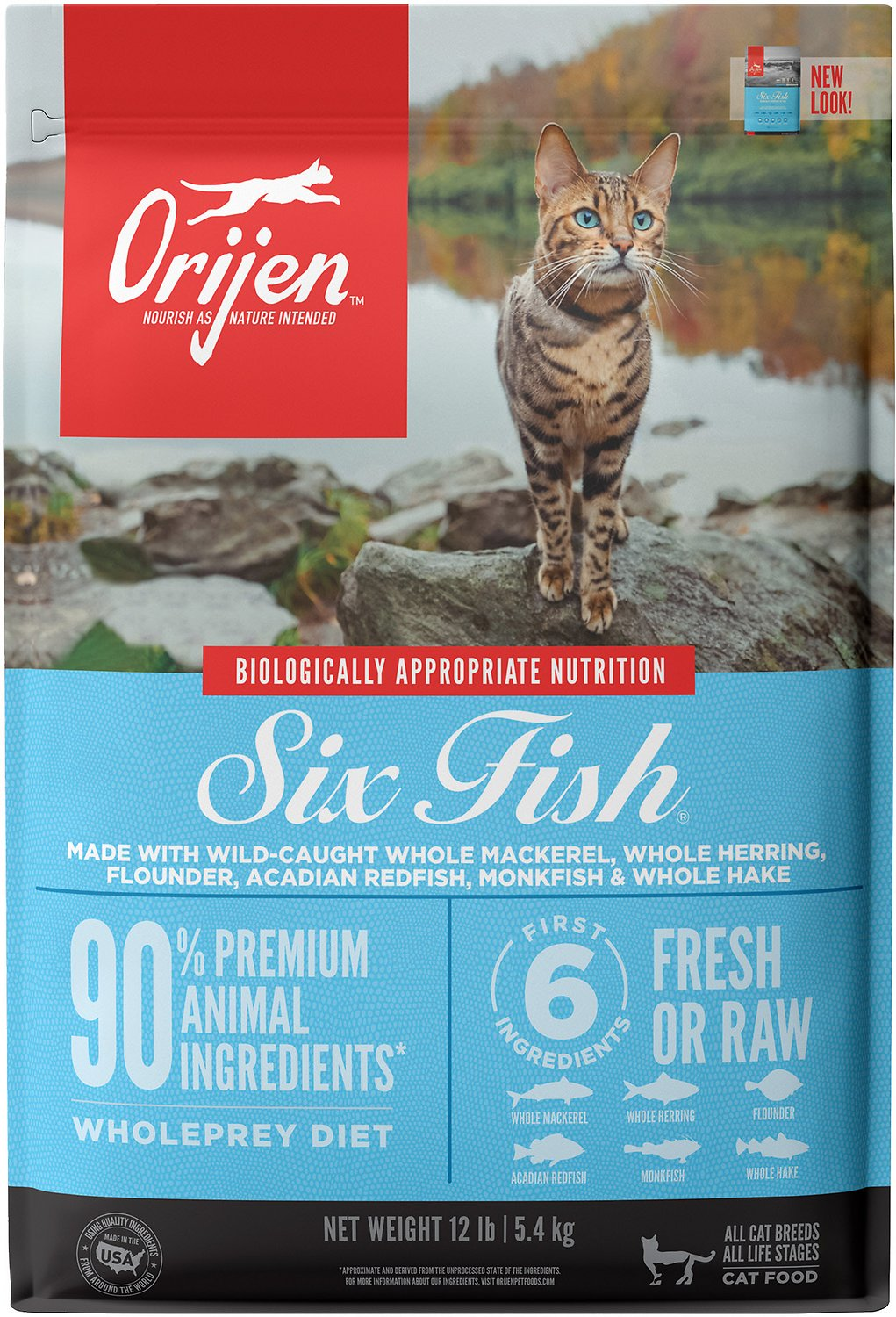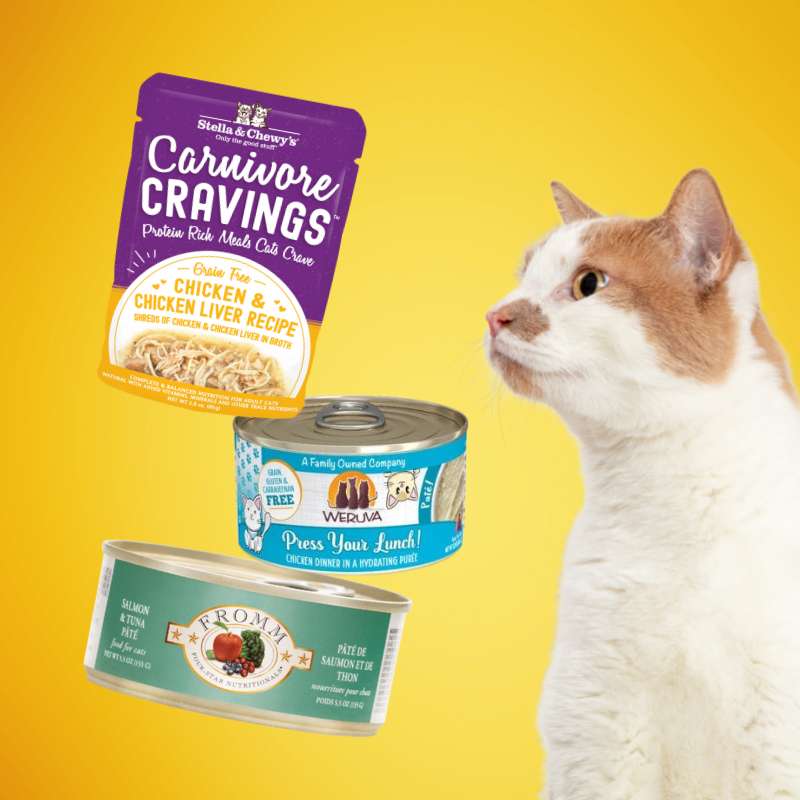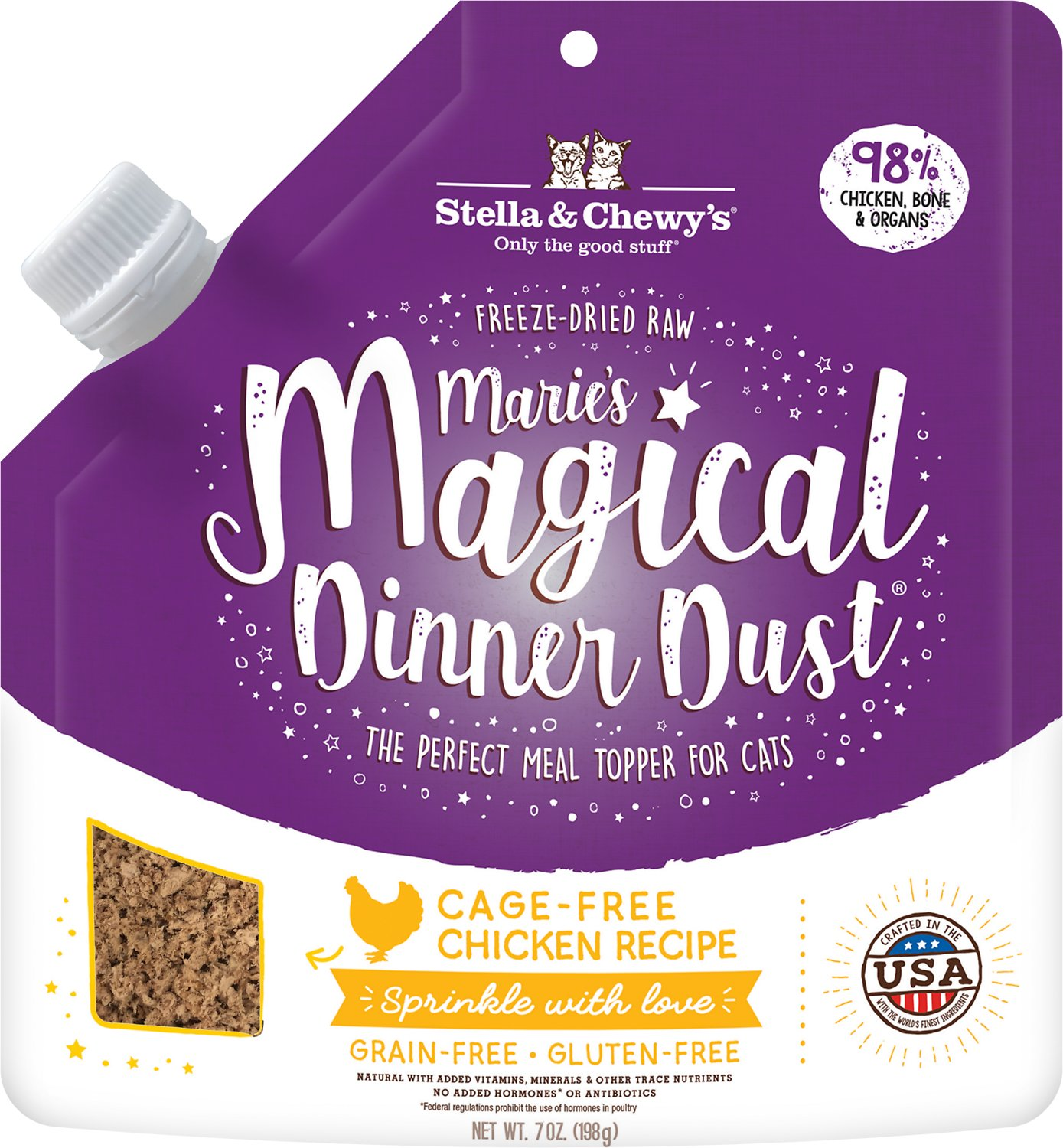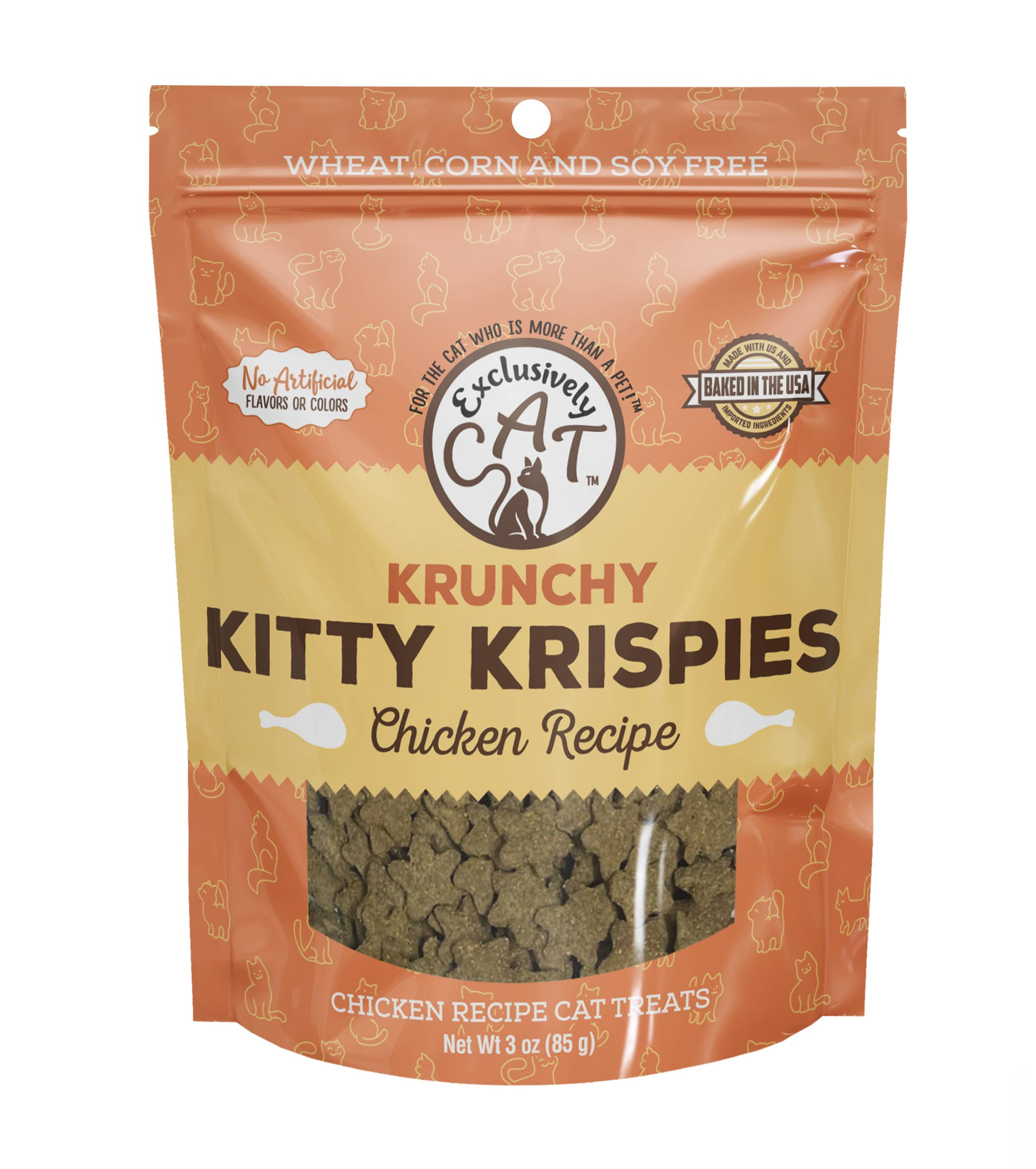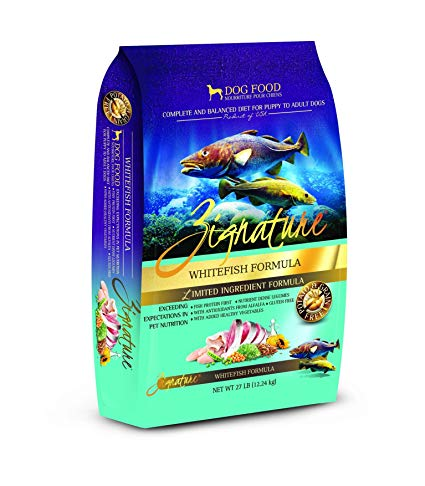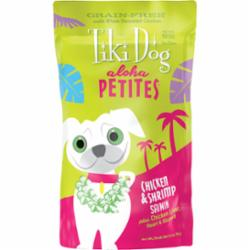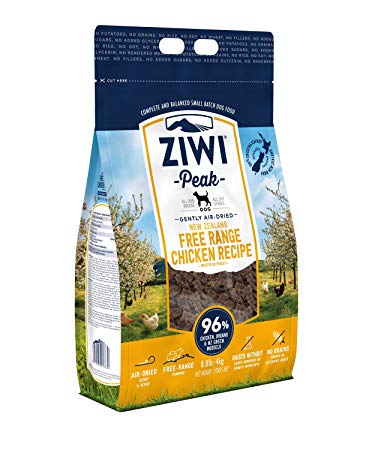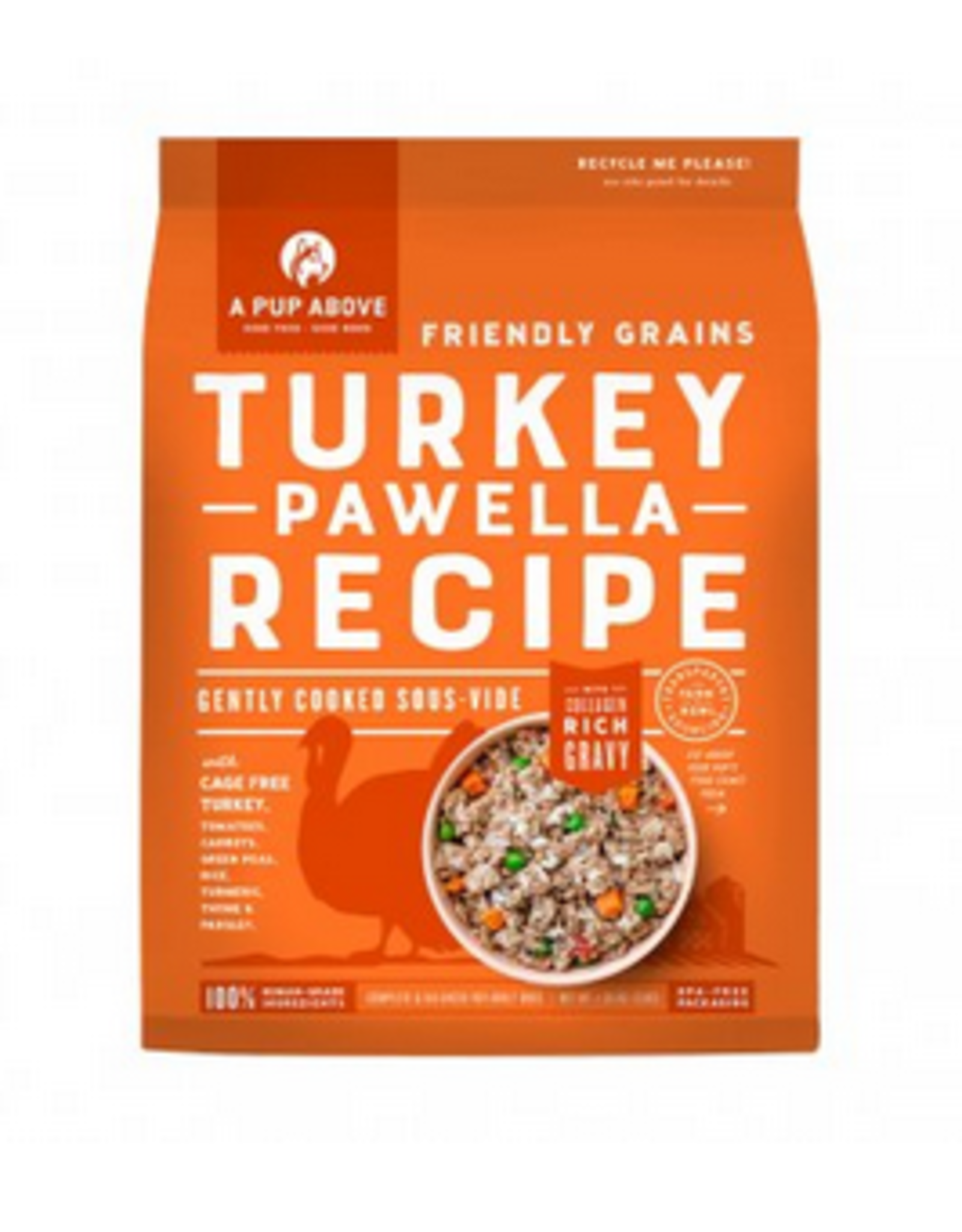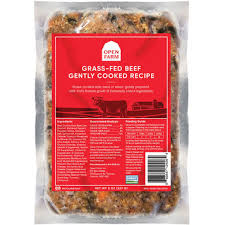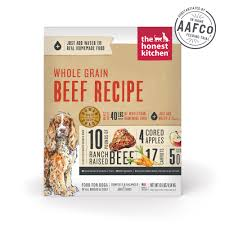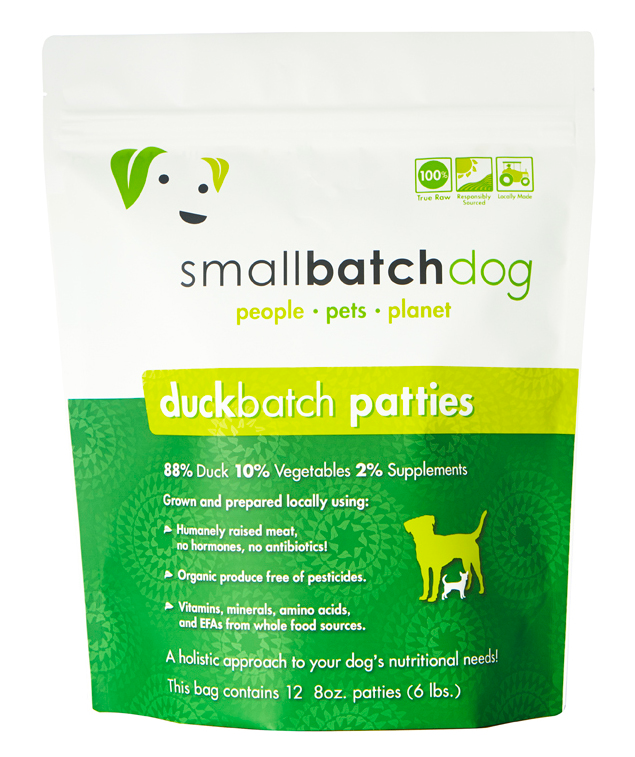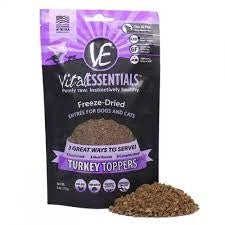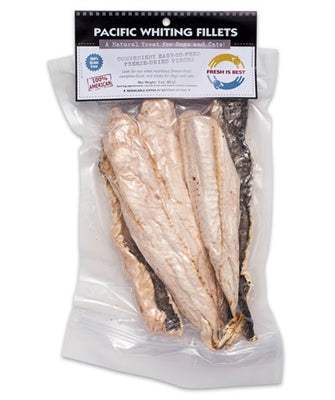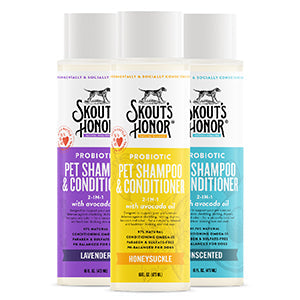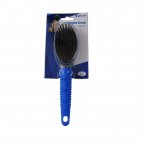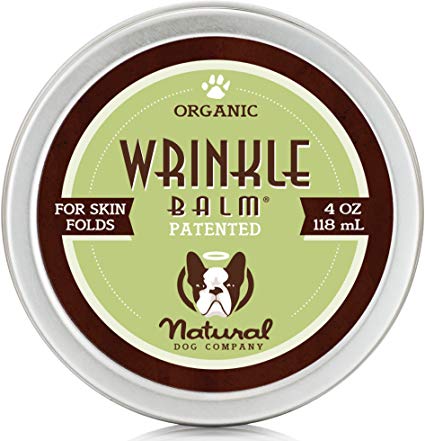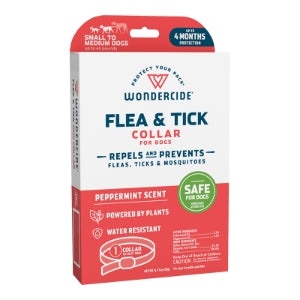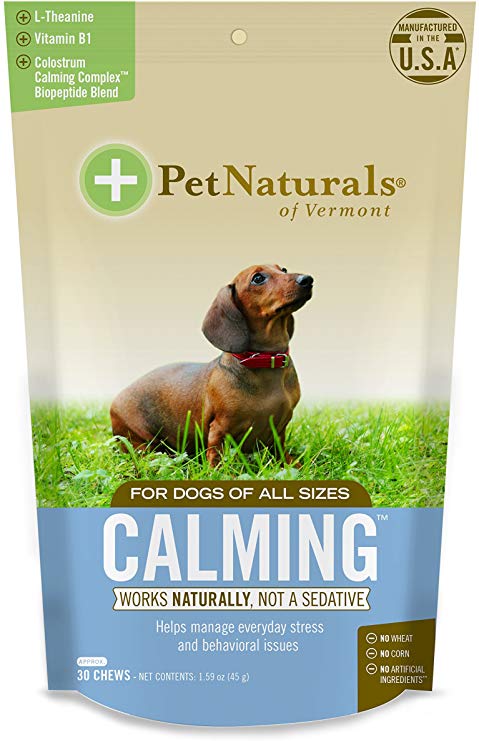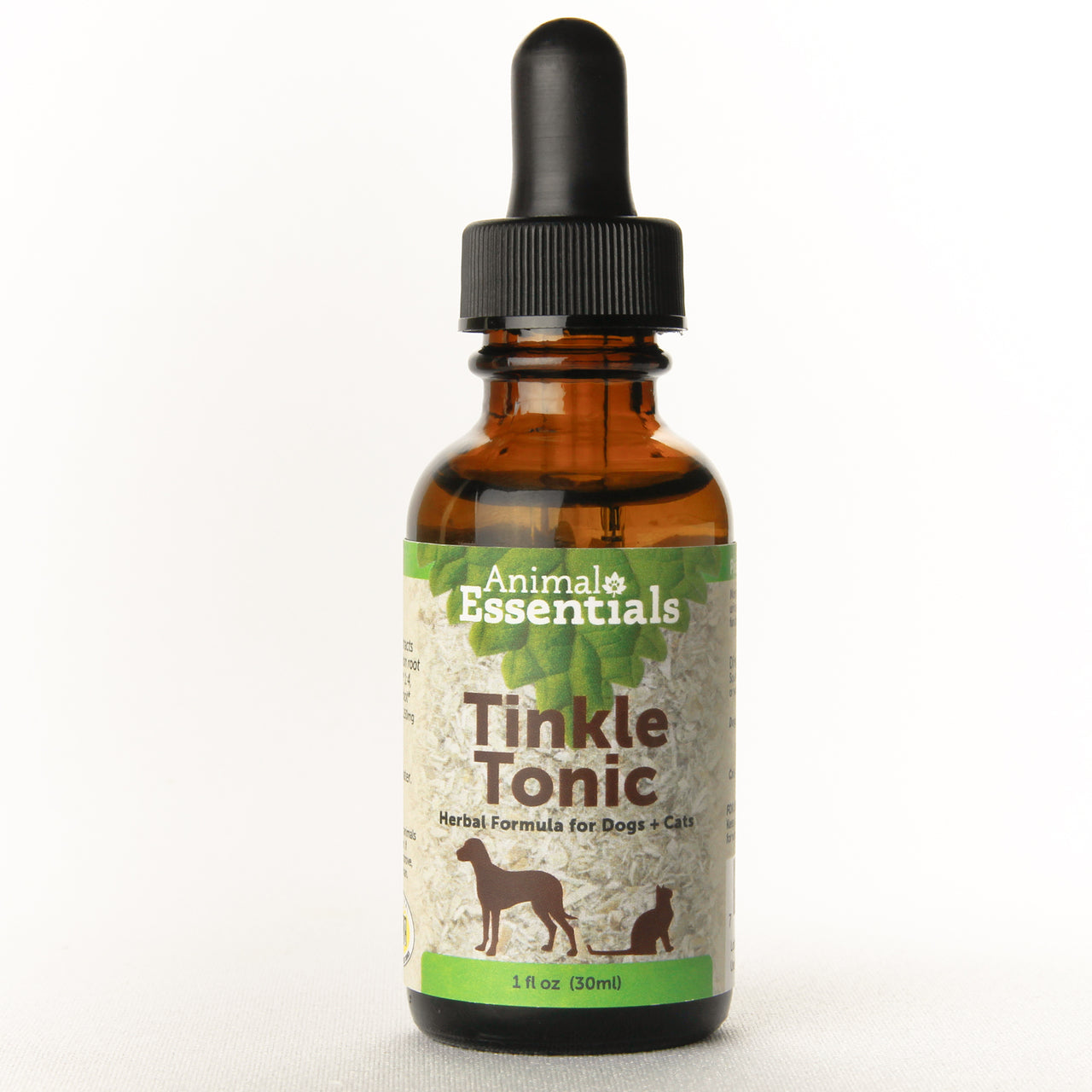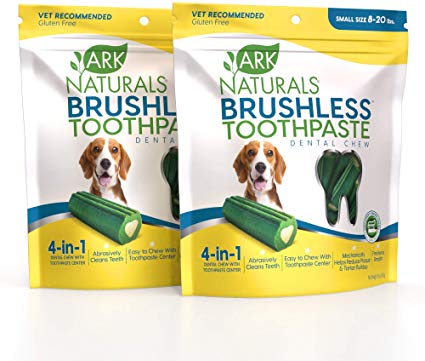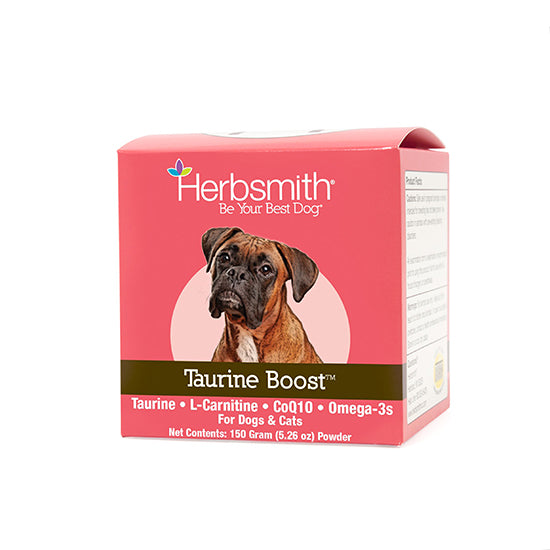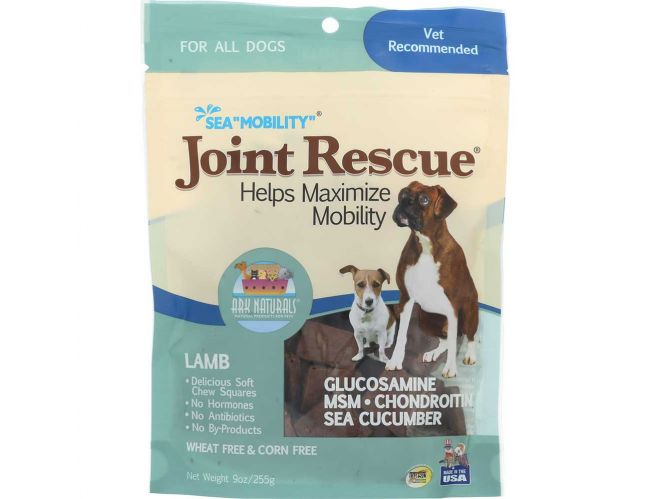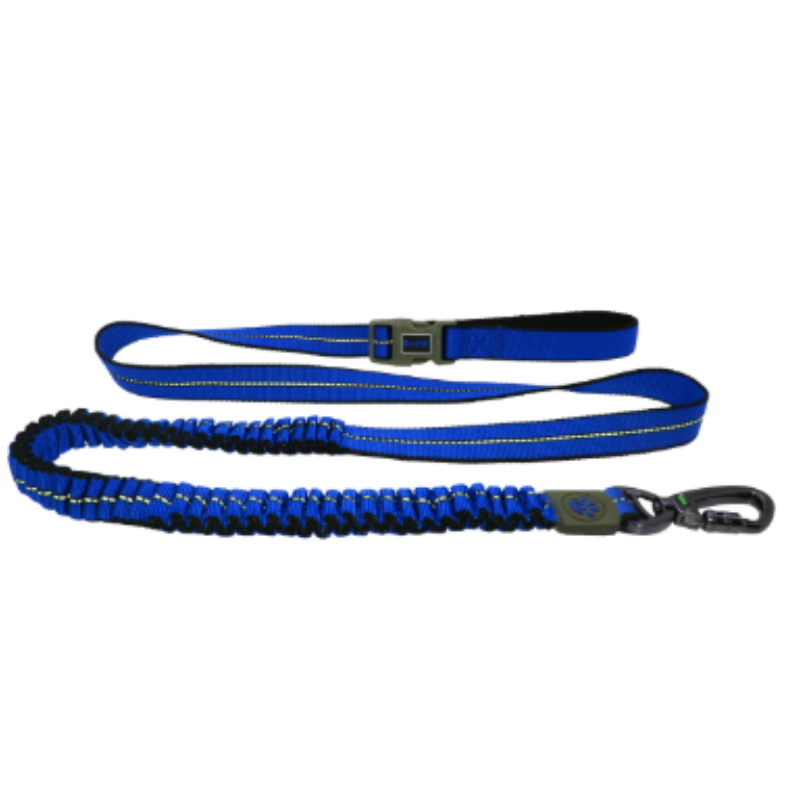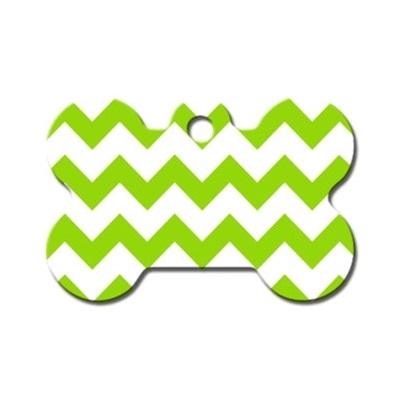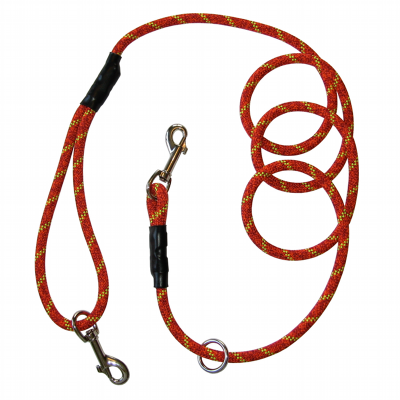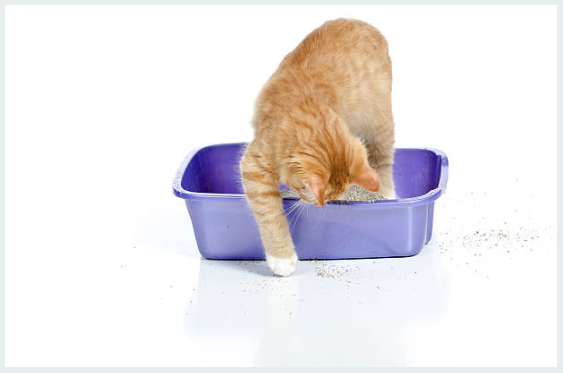In the realm of pet nutrition, omega-3 fatty acids play a vital role in promoting the overall health and well-being of our furry friends. Just like humans, pets can benefit greatly from these essential nutrients that are not naturally produced in their bodies. Omega-3 fatty acids are a type of polyunsaturated fat that are known for their anti-inflammatory properties and numerous health benefits.
What Are Omega-3 Fatty Acids?
Omega-3 fatty acids are a group of polyunsaturated fats that are crucial for maintaining optimal health in both humans and pets. The three main types of omega-3 fatty acids are alpha-linolenic acid (ALA), eicosapentaenoic acid (EPA), and docosahexaenoic acid (DHA). ALA is commonly found in plant sources, while EPA and DHA are predominantly found in fatty fish.
The Importance of Omega-3 Fatty Acids for Pets
Omega-3 fatty acids play a crucial role in pet nutrition by supporting various bodily functions and promoting overall health. One of the key benefits of omega-3 fatty acids is their anti-inflammatory properties, which can help alleviate symptoms of arthritis, allergies, and other inflammatory conditions in pets.
Benefits of Omega-3 Fatty Acids for Pets
Omega-3 fatty acids offer a wide range of benefits for pets, including:
1. Healthy Skin and Coat
EPA and DHA are essential for maintaining healthy skin and a shiny coat in pets. Omega-3 fatty acids help reduce itching, dryness, and flakiness, resulting in a lustrous and healthy coat.
2. Joint Health
The anti-inflammatory properties of omega-3 fatty acids can help reduce joint pain and improve mobility in pets suffering from arthritis or joint conditions.
3. Heart Health
Omega-3 fatty acids support cardiovascular health by reducing the risk of heart disease and maintaining optimal heart function in pets.
4. Cognitive Function
DHA, in particular, plays a critical role in brain development and cognitive function in pets. Omega-3 fatty acids can help support mental acuity and overall brain health in pets of all ages.
Sources of Omega-3 Fatty Acids for Pets
While omega-3 fatty acids can be found in various foods, it is essential to choose high-quality sources to ensure optimal benefits for your pet. Some common sources of omega-3 fatty acids for pets include:
- Fatty fish such as salmon, mackerel, and sardines
- Fish oil supplements
- Flaxseeds and flaxseed oil
- Chia seeds
How to Incorporate Omega-3 Fatty Acids Into Your Pet's Diet
Adding omega-3 fatty acids to your pet's diet is relatively easy and can be done in various ways. You can choose to feed your pet omega-3 rich foods such as fish or incorporate fish oil supplements into their daily routine. Alternatively, you can opt for pet foods that are specifically formulated to be rich in omega-3 fatty acids.
Choosing the Right Omega-3 Supplement for Your Pet
When selecting an omega-3 supplement for your pet, it is crucial to consider the source, quality, and dosage of the supplement. Look for supplements that are specifically designed for pets and contain high levels of EPA and DHA for maximum benefit.
Consult Your Veterinarian
Prior to introducing any new supplements into your pet's diet, it is always best to consult with your veterinarian. Your vet can provide valuable guidance on the appropriate dosage and help tailor a nutrition plan that meets your pet's specific needs and requirements.
Wrap Up
Ensuring that your pet receives an adequate intake of omega-3 fatty acids is key to supporting their overall health and well-being. From promoting a shiny coat to supporting joint health and cognitive function, omega-3 fatty acids offer a multitude of benefits for pets of all ages. By incorporating omega-3 rich foods or supplements into your pet's diet, you can help them live a happier, healthier life.
Explore the Shopify store of a user by clicking here. Keep in mind that this is a promotional link, and we are not responsible for the content on the linked store.



